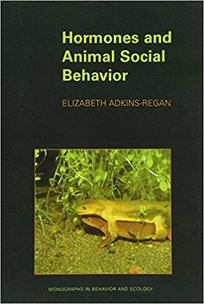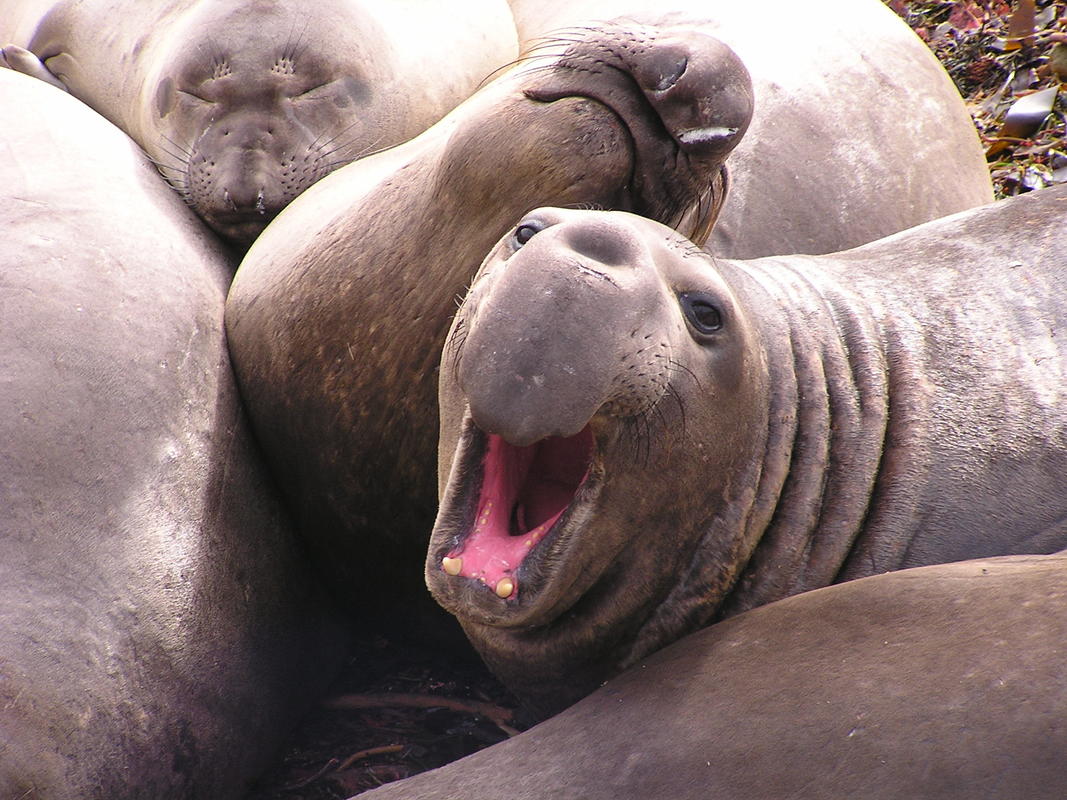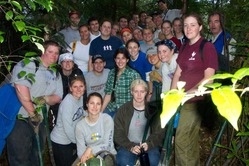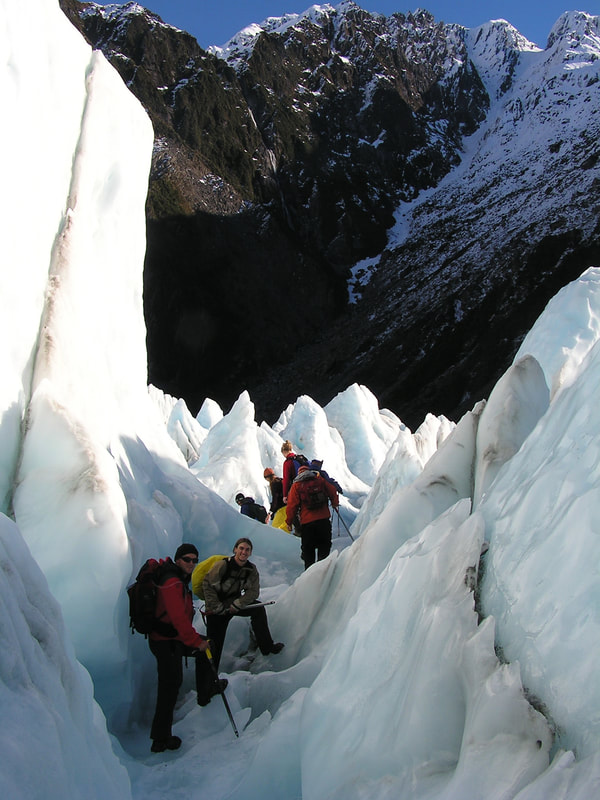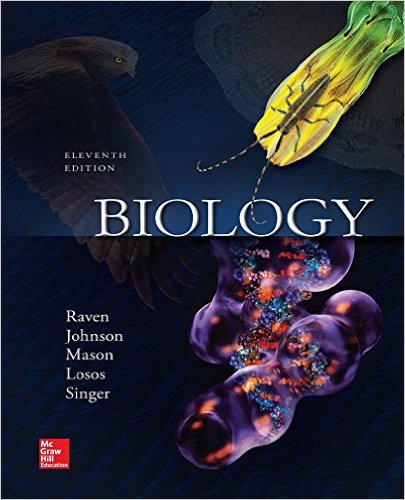past courses
hormones and behavior
|
Learning Outcomes: The major focus of the course is comparative and evolutionary approaches to the study of the relationship between reproductive hormones and reproductive behavior. Related topics include hormonal contributions to aggression, stress, learning and memory, and biological rhythms.
|
animal behavior
|
Learning Outcomes: The general goals of this course are to introduce students to each of the following:
|
ornithology
|
Learning Outcomes: Students gain an appreciation for the diversity of birds and are introduced to aspects of the biology of birds. The course combines field trips with lectures and hands-on taxonomic identification of study skins.
|
conservation and natural resources management
|
Learning Outcomes: Students gain a greater understanding of natural resource and cultural sustainability issues specific to New Zealand, and globally, through exposure to and participation in:
|
responsible eco-travel and eco-tourism
|
Learning Outcomes: Students gain a greater understanding of responsible eco-travel and eco-tourism practices, including: cultural respect, selecting low impact activities, researching the most environmentally sustainable operators, responsible purchasing and reducing consumption, water and energy conservation, benefits to local communities, protection of natural environments, creating awareness, and positive interactions with people and wildlife...and we share in a lot of adventures!
|
introductory biology
|
Learning Outcomes: The goal of this course is for students to gain a strong foundation in fundamental biological concepts and the ways that scientists study them. All of biology operates under the constraints of the mechanisms of evolution. Therefore, central to developing this foundation, students gain an understanding of the theories, evidence, and mechanisms of evolution.
|
guest lectures
Behavioral Ecology, Guest Lecturer “Skype with the author”, Lafayette College, Department of Biology
Biogeography, Guest Lecturer “Biogeography of endemic rainforest birds of the Malay Archipelago”, University of Maryland Baltimore County, Geography and Environmental Systems Department
Hormones and Behavior, Guest Lecturer “Stress and coping with environmental challenges”, Cornell University, Department of Neurobiology and Behavior, Department of Psychology
Behavioral Ecology, Guest Lecturer “Field techniques in avian ecology”, Michigan State University, Department of Zoology
Biogeography, Guest Lecturer “Biogeography of endemic rainforest birds of the Malay Archipelago”, University of Maryland Baltimore County, Geography and Environmental Systems Department
Hormones and Behavior, Guest Lecturer “Stress and coping with environmental challenges”, Cornell University, Department of Neurobiology and Behavior, Department of Psychology
Behavioral Ecology, Guest Lecturer “Field techniques in avian ecology”, Michigan State University, Department of Zoology
©S.A. Kaiser 2012
